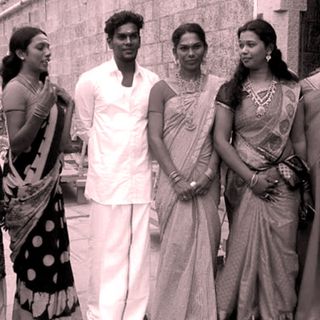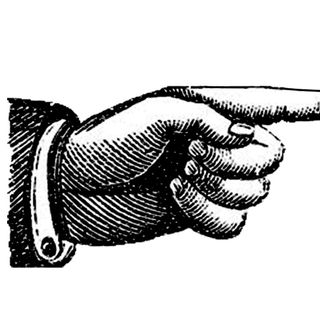Our #MeToo survey of 700 people revealed a lot of complex thoughts and feelings about the movement. Perhaps the most interesting insight, however, is the peek it provides into respondents’ expectations and hopes for the movement. 62% of respondents expressed hope that #MeToo would engender change of problematic attitudes and practices; 23% expressed hopelessness. (The remaining respondents either expressed neutrality or did not answer the question.)
“Hopefully. Whether publicly accepted or not, I hope it gets every human being thinking about how unfair it is for one half of the human population to live in fear of power.”
Hopefulness versus hopelessness for the movement was fairly consistent no matter how you cut it. But speaking of generations, the one clear exception was by age: The older the respondent, the more likely they were to express hope that #MeToo would lead to positive change in India. 63% of respondents age 56 or older expressed hopefulness about the movement, versus 37% of respondents in the 18 to 25 and the 26 to 35 brackets.
With age comes hindsight. Men and women age 56 and older might have a better sense of how far women’s agency, safety and rights have come in their lifetime. But youth often brings a passion for change, energy to evoke it, and frustration with the grinding status quo. Both perspectives are valuable to any movement — the hopefulness and long-view of an older generation can help a younger one continue striving toward greater equality, even when it feels like nothing is changing. There has been a lot of back-and-forth between generations on social media regarding #MeToo; these findings are a reminder that an appreciation for the progress of the past does not take away from the plans or urgency for progress in the present, and the future.
Where respondents were hopeful, one common, specific hope popped up again and again — something along the lines of:
“People will stop thinking they can get away with such stuff. That fear should stop them from behaving like monsters!”
Fear is a powerful outcome — it feels both retributive and right. Let the tables turn on the predators — give them a taste of their own medicine. But if we can learn anything from the grander abuse powerful men have wrought on the world, it’s that fear is neither sustainable for a new social order, nor is it equal. As one respondent put it:
“I hope when the dust settles, we men will be will being to see merit in the movement and act better out of respect and not out of fear of being called out. Right now I see a lot of fear amongst people about being accused…”




